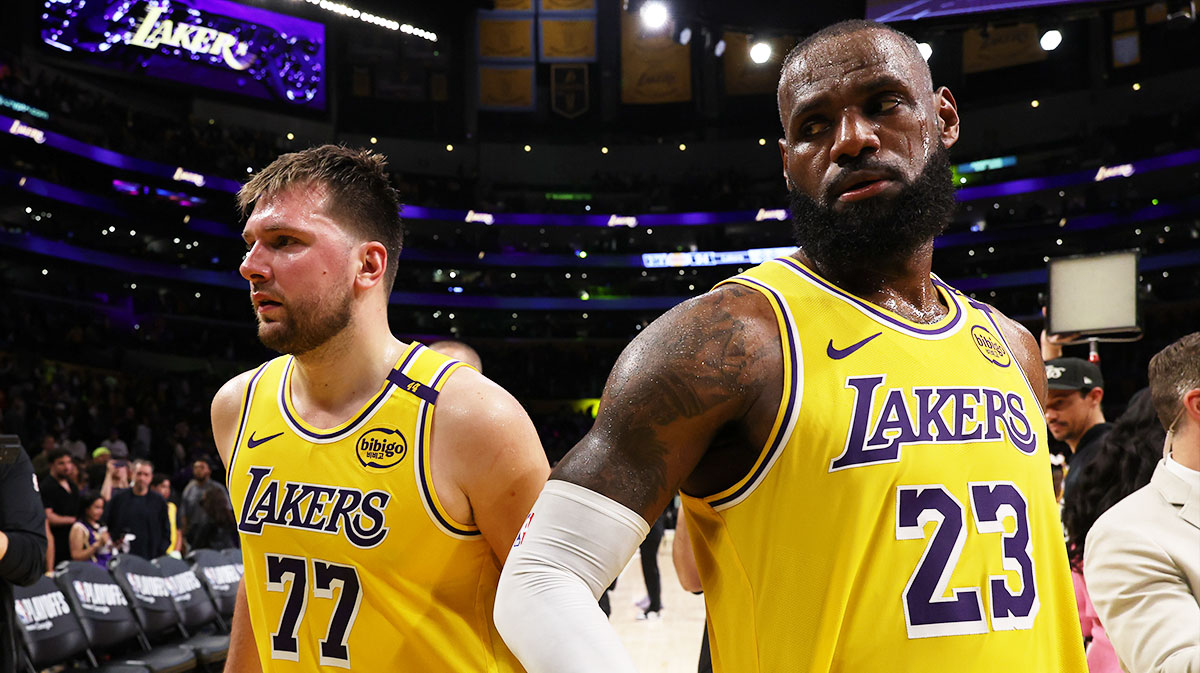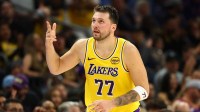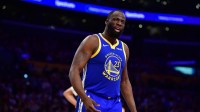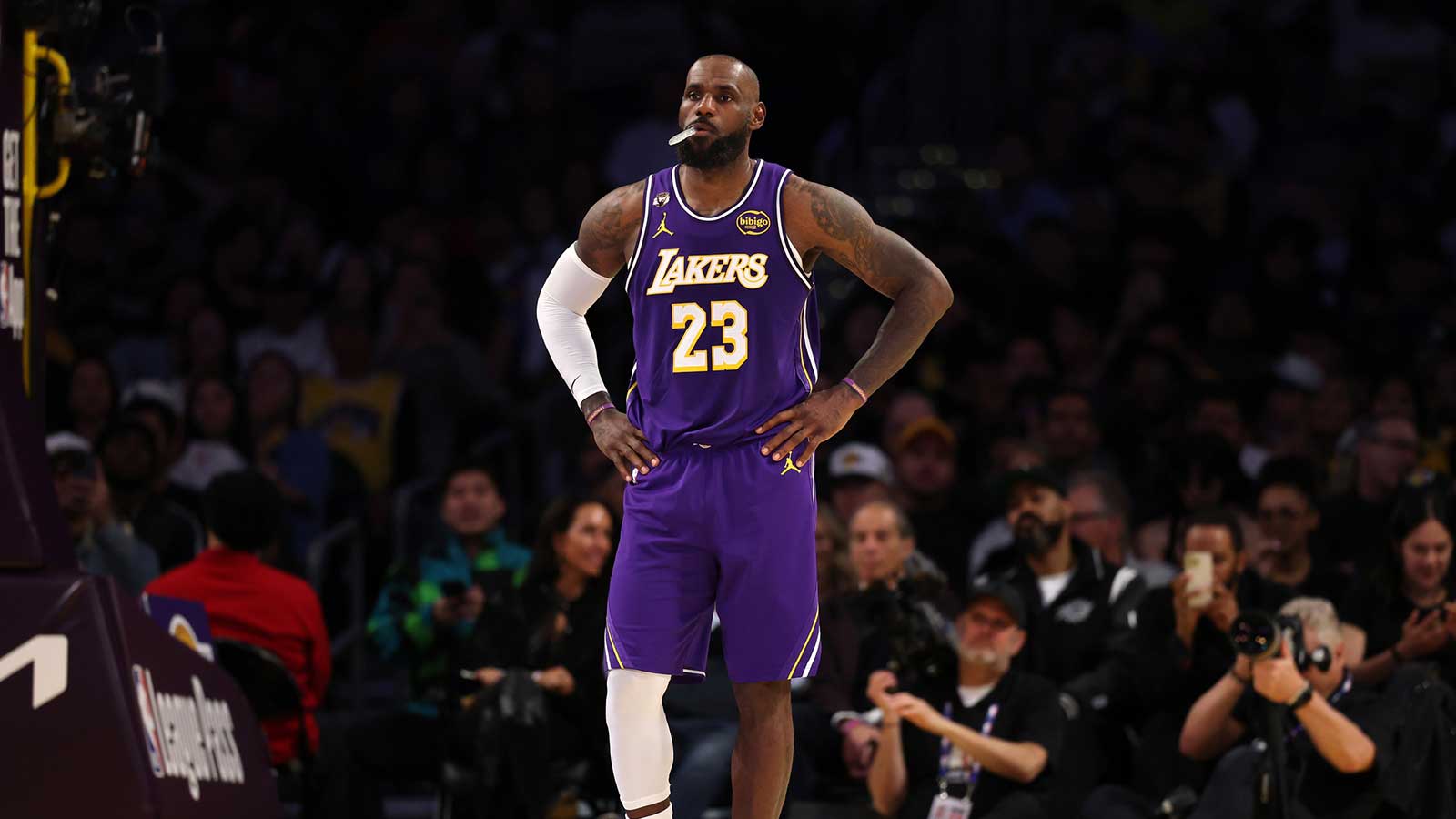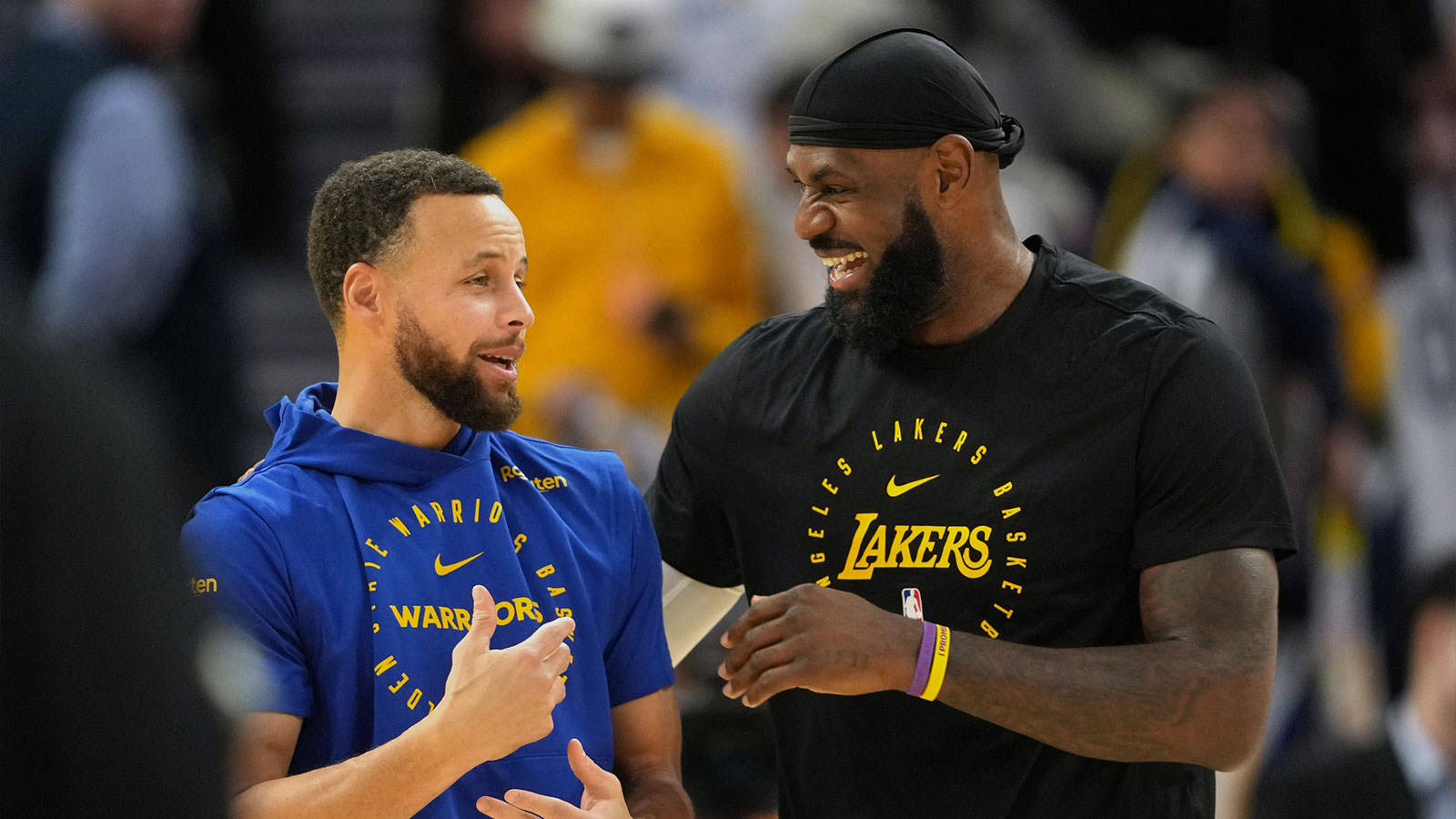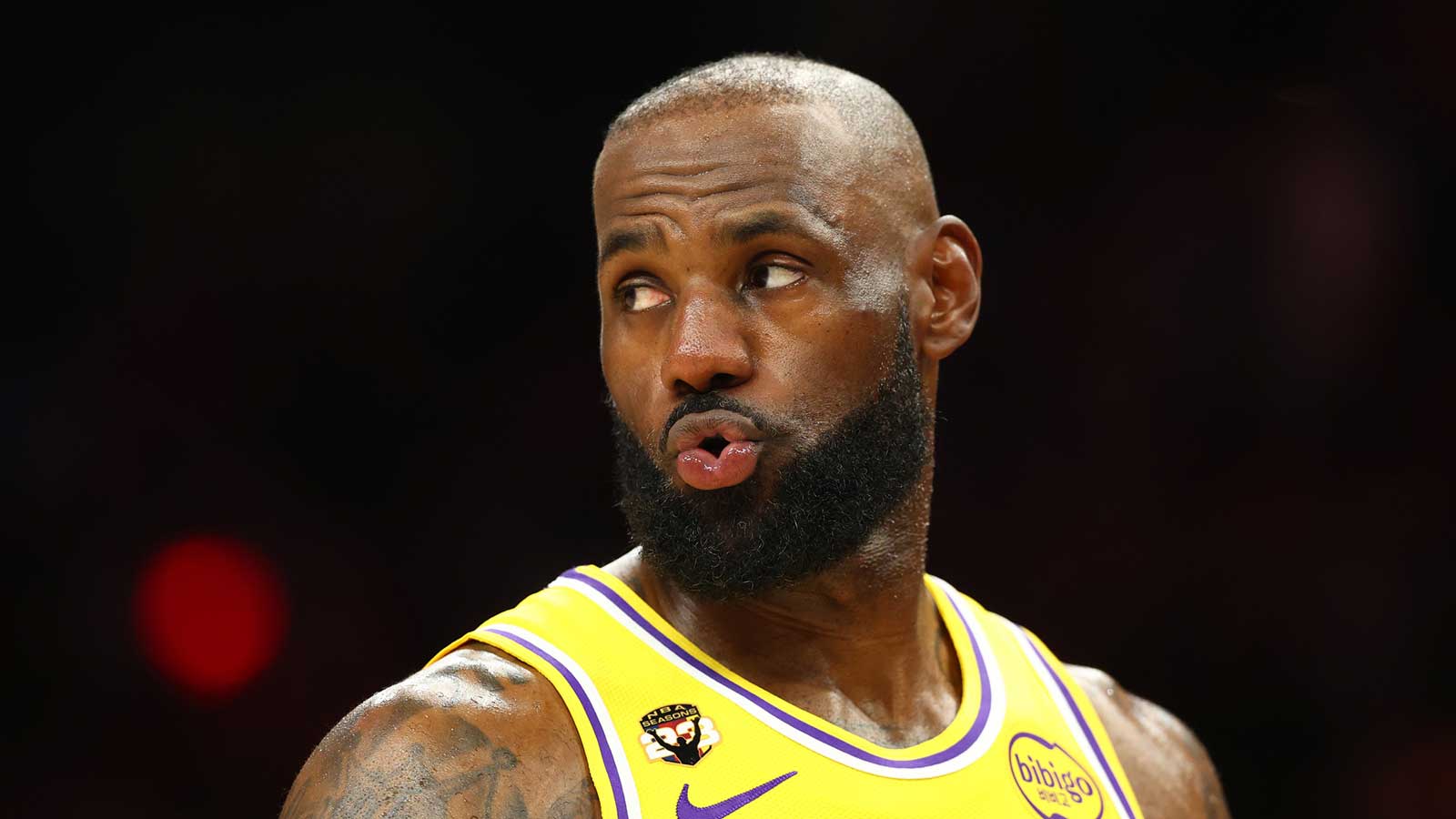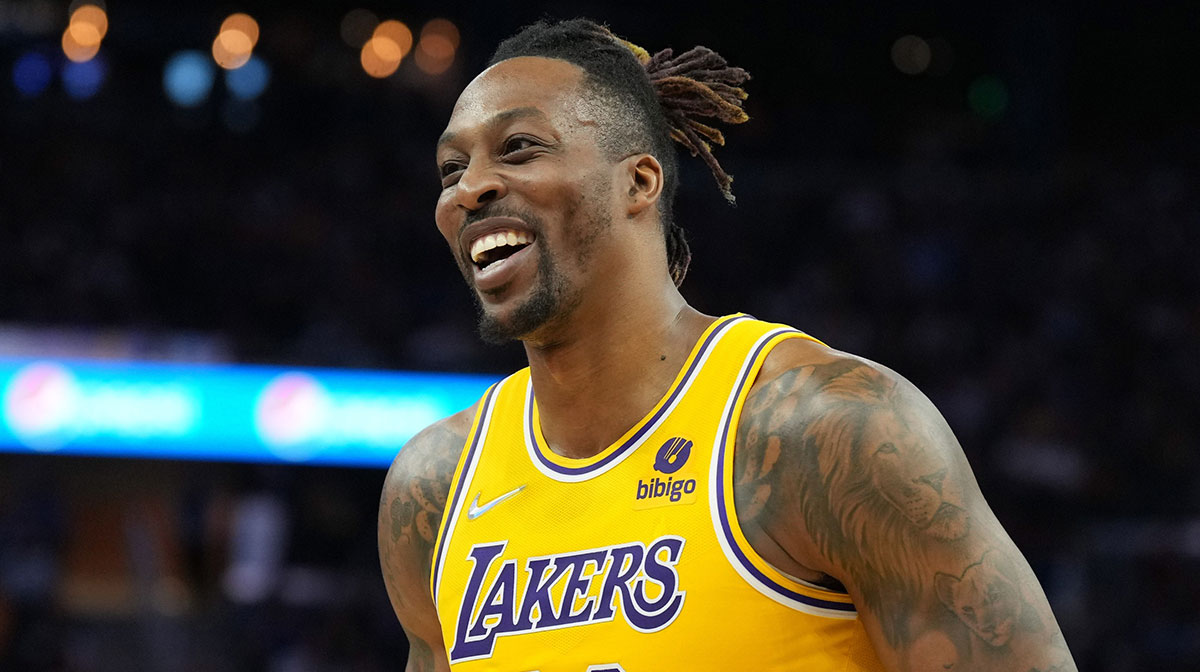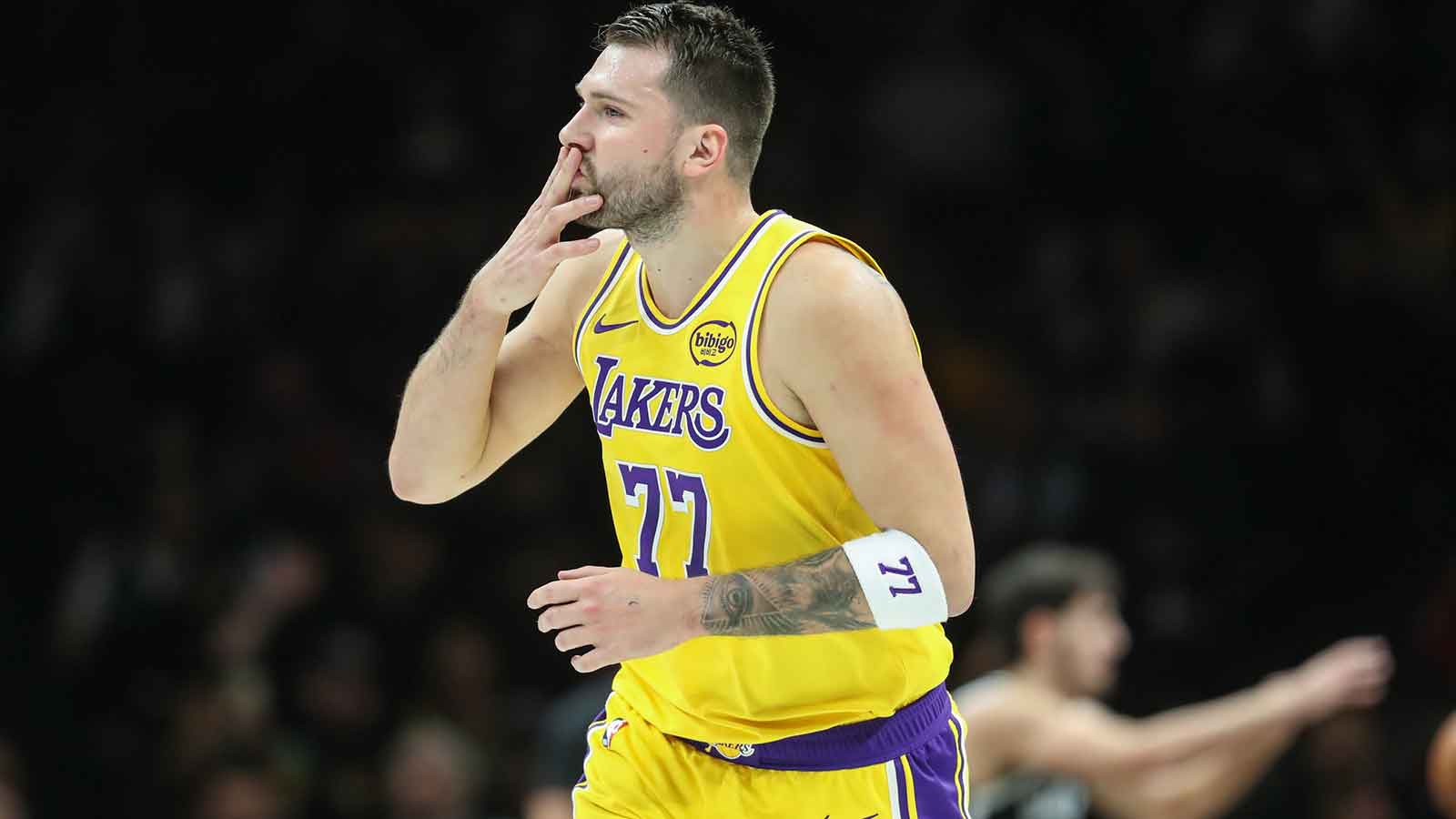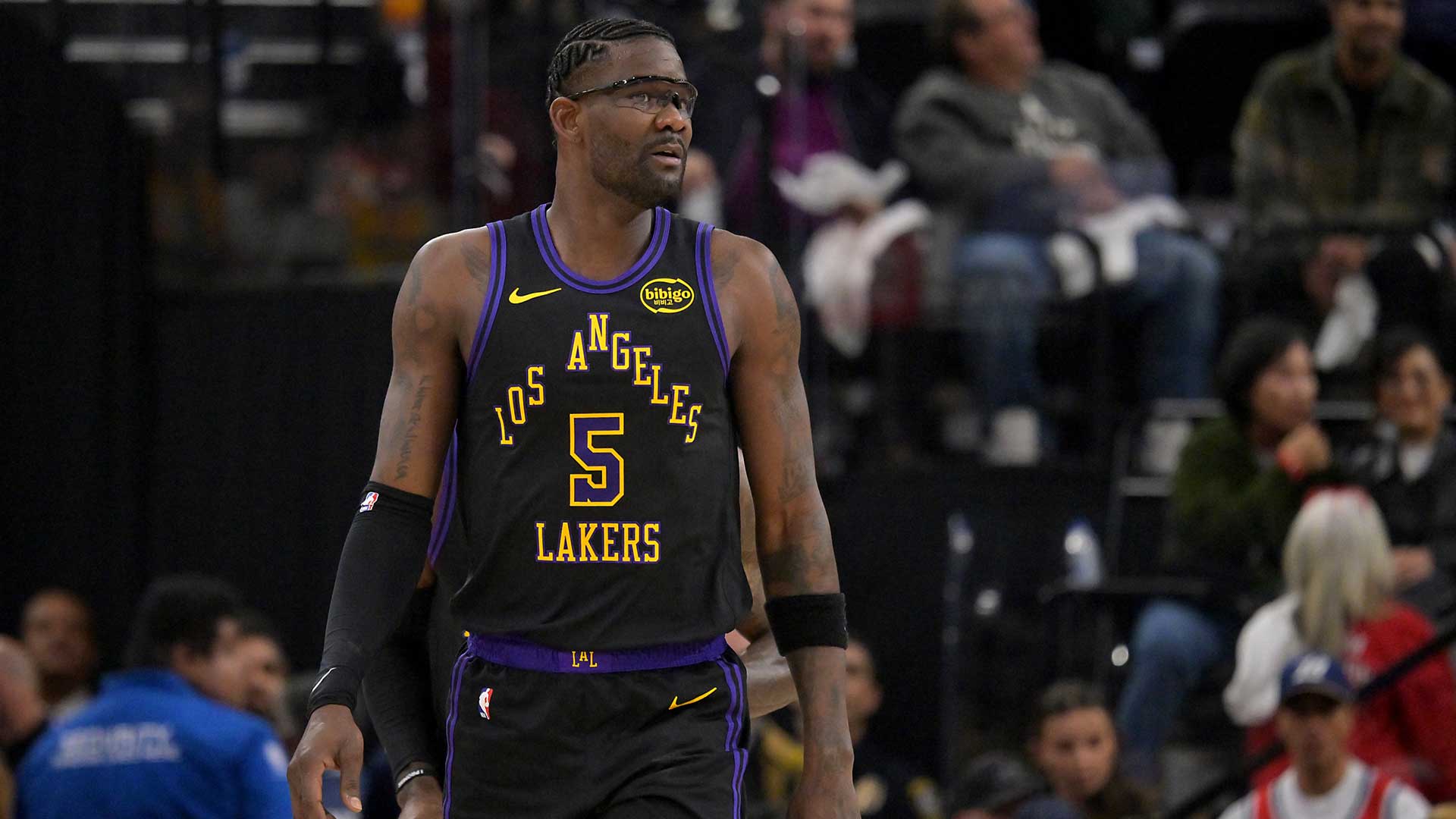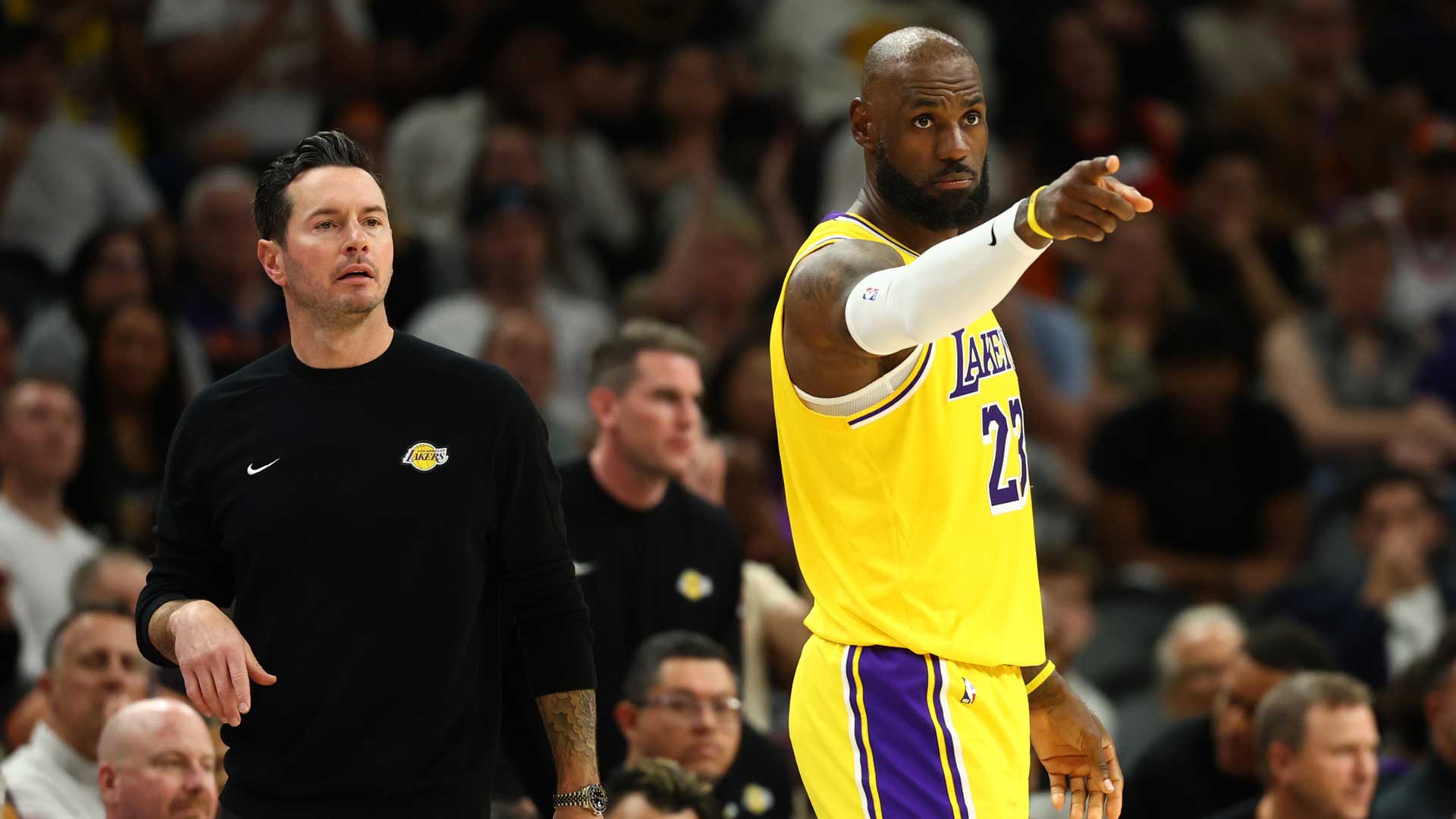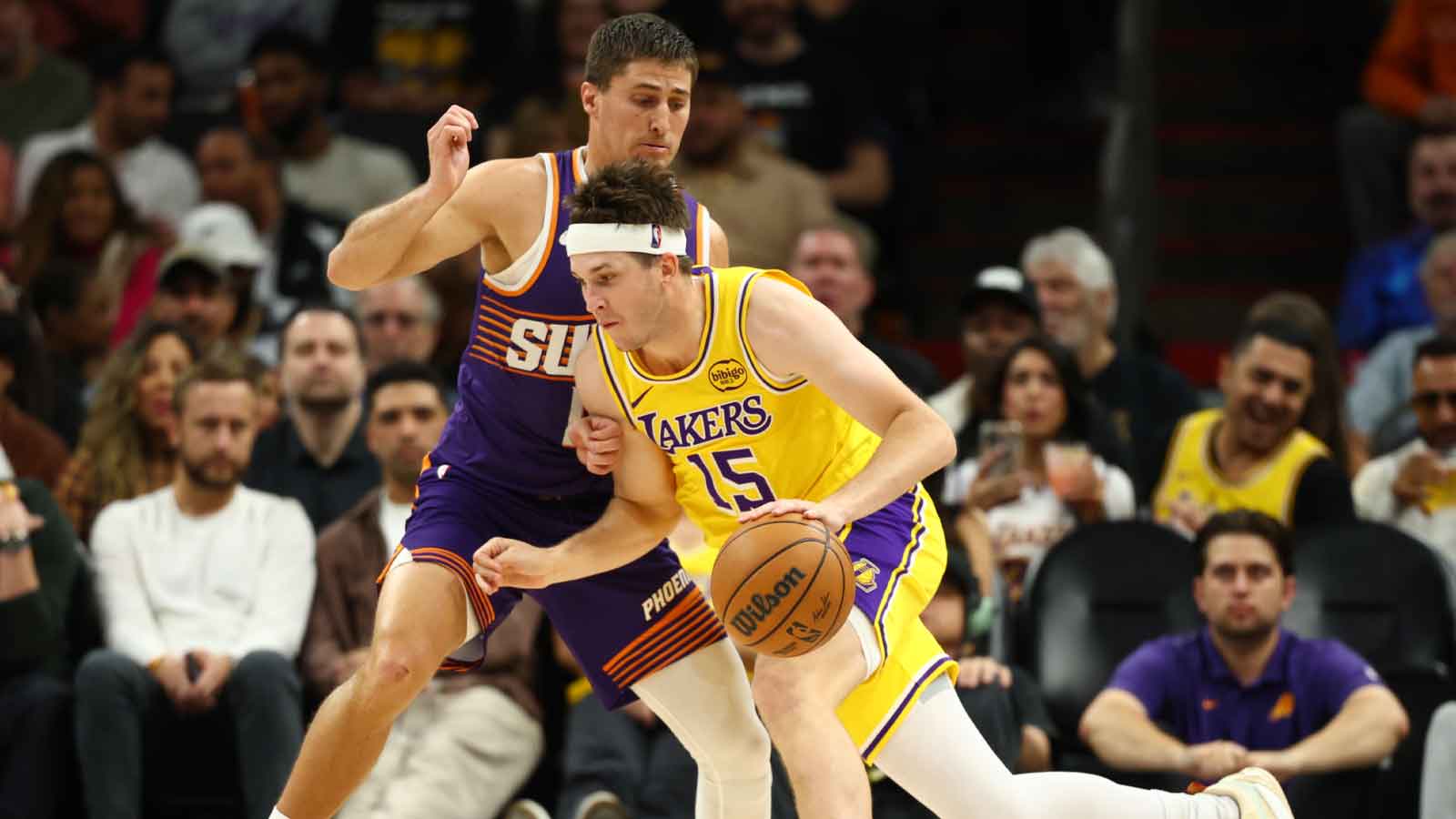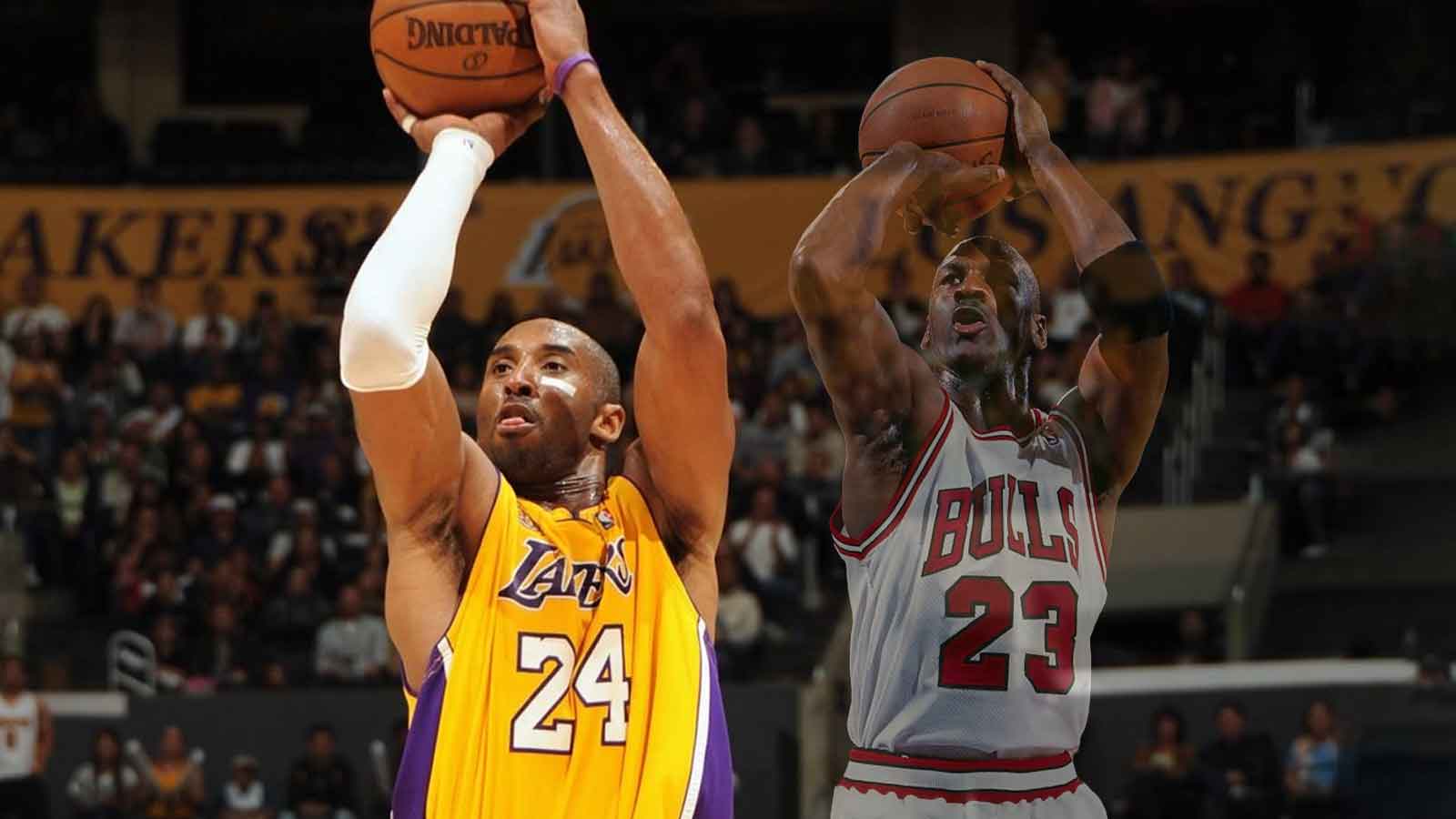There are few two-word phrases NBA fans should be more afraid of than “two timelines.” So long as any other team is focused on maximizing their singular timelines, those teams splitting their attention are going to fall behind in their goals. Between the end of the LeBron James era and the beginning of Luka Doncic's, the Los Angeles Lakers find themselves in a truly unique version of this situation that most teams would happily take on, but their attention is split nonetheless.
Rob Pelinka will have to find a way to juggle what might be James' last season in the NBA with all the grace he deserves given everything he's done for the franchise and the sport with ensuring Doncic likes what he sees well enough to stick around long-term. It certainly helps both players are very productive right now, unlike most two-timeline situations, but as we saw this postseason, neither player looked fully comfortable — something that has to change if the Lakers want any chance at a more production trip to the playoffs next year.
From a strictly basketball perspective, James and Doncic should work quite well, if they're on the same page. They're two of the smartest players the league has ever seen and are capable of engineering offense for themselves or their teammates unlike almost anyone in the history of the sport. There are certainly questions defensively because of athletic limitations on both James (age) and Doncic (well, you know), but it has to be able to look better than it did in the playoffs or else the Lakers will have to expend assets to get more athletic.
Now, how much capital the Lakers should expend to more effectively tailor the roster for James and Doncic's strengths and weakness is very much worth debating — and the Lakers are having such discussions daily. Should the Lakers make Rui Hachimura available even though he'll be the team's best athlete next season, let alone after James is gone? Should the Lakers trade Austin Reaves for a more athletic point-of-attack defender given James' impending retirement?
Essentially, how do the Lakers plan for the post-James era while James is still playing at an all-NBA level? There are no simple answers to these questions.
Thing is: One way or another, James is eventually going to cease being a Laker. When? Who knows; but whether it's after this season, the next or the one after that, the Lakers are much closer to the end of the James era than the beginning. Whenever that happens, the Lakers will lose a very good player for nothing beyond some financial flexibility they'll have to get creative to fully utilize.
Now, to be absolutely clear, this isn't meant to sound ungrateful because James lifted the Lakers from its lowest point and brought a championship to L.A. in one of the most challenging seasons in NBA history. Normally, the Lakers would be in asset acquisition mode with the focus of allowing James to go on a well-earned retirement tour, taking as many shots and soaking in as many moments as he pleases. With Doncic on the team, though, they can't.
Another factor in all this that takes the situation from champagne problem to existential crisis is the extension the Lakers will be desperately hoping Doncic signs this summer. If everything laid out above doesn't seem complicated enough, adding to it the news cycle of a Doncic potentially on the verge of free agency would be akin to trying to put out a fire on the stove with jet fuel.
Usually, when a team lands a player like Doncic, it's on the tail end of a rebuild with assets to build the roster he needs. In this case, the Lakers were riding out the remainder of the James-Anthony Davis era when Nico Harrison and Pelinka met in that infamous coffee shop. Time simply is not a luxury they have.
Historically, the Lakers have treated their stars better than any other franchise in the sport. It's part of why so many stars have found their way to Los Angeles all these years. They owe it to James to continue that trend, but this time is very different, as they owe it to Doncic to give him every opportunity they can to compete for championships.
Dual timelines are almost always a high wire even the smartest organizations topple from. The unique nature of this specific situation only means the Lakers would fall from a greater height.

